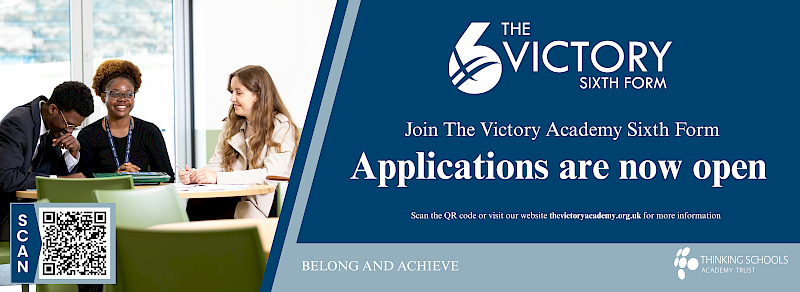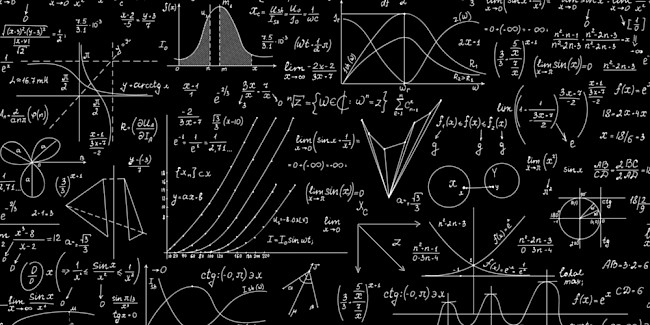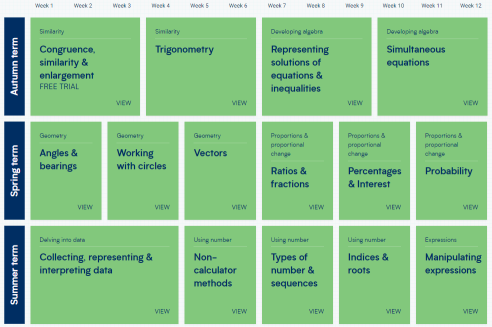Curriculum Structure - Key Stage 3
Learners in KS3 follow the White Rose Maths scheme of work, which has the following characteristics:
- White Rose Maths is a pioneering educational initiative that emphasises a comprehensive understanding of mathematics. It's a pedagogical approach that has been embraced by both primary and secondary schools to enhance maths skills and problem-solving skills.
- The core of White Rose Maths is the maths mastery approach, which focuses on depth rather than acceleration, ensuring that key concepts are fully grasped before moving on. This approach aligns with the Learning Objectives of a range of school years, providing a coherent and connected curriculum.
- The advantage of using White Rose Maths is how widely used it is across many primary and secondary schools. This means that our students are supported throughout their transition from Key Stage 2 mathematics to Key Stage 3 mathematics. For example, in primary schools, White Rose Maths might introduce fractions through visual representations and hands-on activities before progressing to more abstract concepts. This ensures that students have a concrete understanding before moving on.
- Possible key learning points identified that describe the process of learning.
- Reasoning opportunities and probing questions.
- The mathematical language section includes key vocabulary for the unit and information about the notation that students need to understand.
- Possible misconceptions highlight some incorrect thinking that students might demonstrate (not mistakes). Thought should be given as to how to exploit these.
- We intend to use concrete, pictorial and abstract methods to develop students’ mathematical skills. Throughout KS3, learners will meet a variety of problem-solving questions and they will be given formal investigational tasks. Students are to study topics involving number calculations, geometry, number properties, algebraic expressions, statistics and probability.
- Topics are regularly revisited as our students progress through their academic career at our academy. For example, “understanding and using algebraic notation” is introduced during Year 7 and developed and revisited in Year 8 as “algebraic techniques”.
- This scheme of work supports the needs of all students and promotes individual pupil progress. The scheme of work is differentiated with a support route for students that may need to revisit more of the fundamentals of mathematics before attempting problem-solving techniques. This is done whilst still covering the same content as their peers.
Year 7
Core Support


Year 8
Core Support
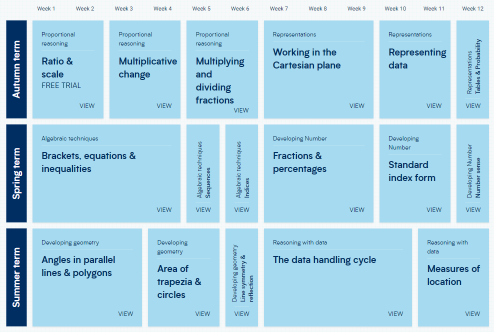
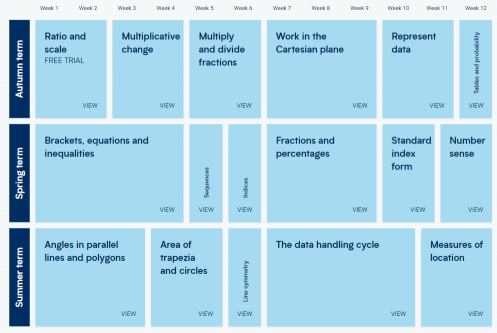
Year 9
Core Support


